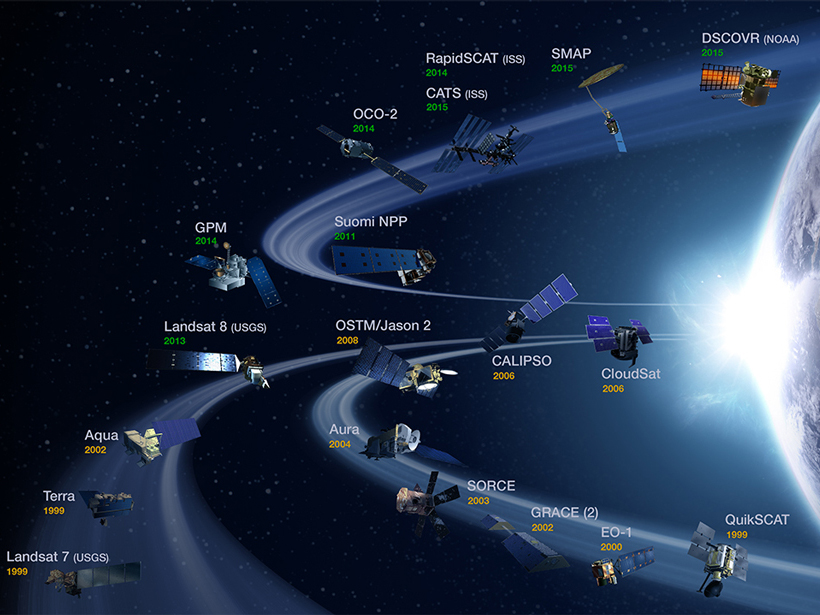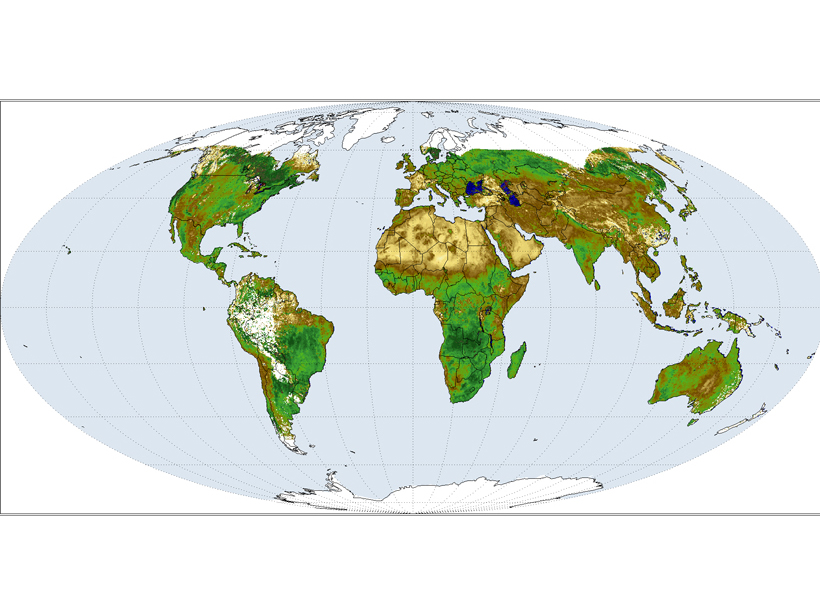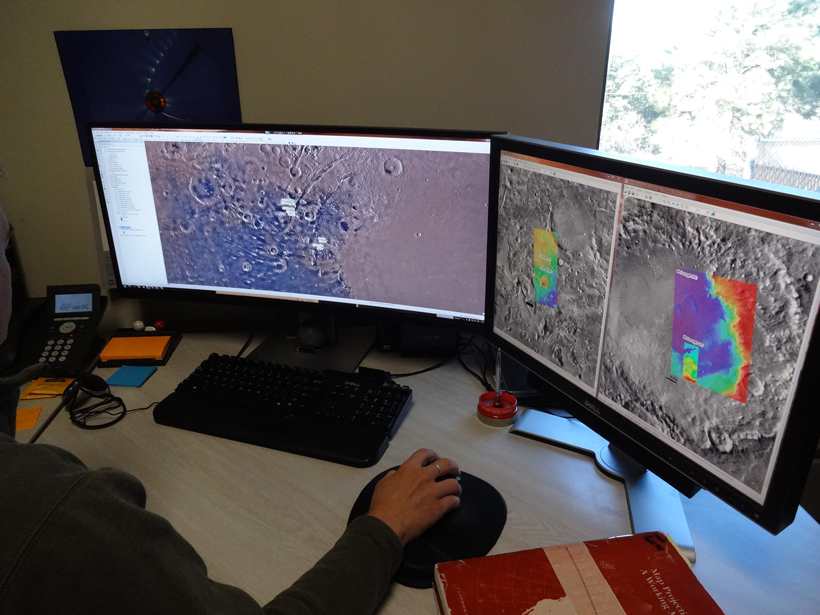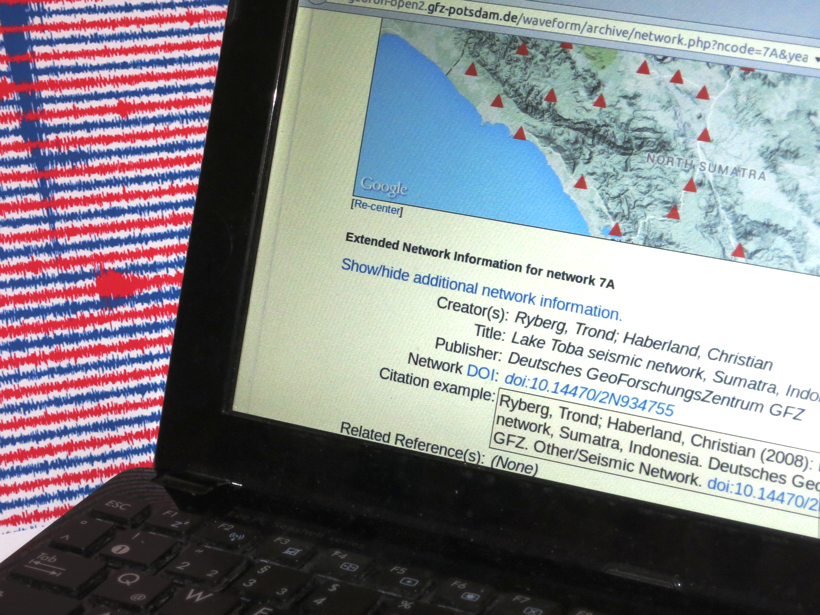Globalizing Societal Application of Scientific Research and Observations from Remote Sensing: The Path Forward; Tacoma, Washington, 23–25 June 2015
data management
Visualizing the Climate's Future
Climate Inspector: A new Web-based approach to exploring global climate change across space and time.
International Effort Sustains and Develops Climate Data Records
SCOPE-CM Meeting; Geneva, Switzerland, 23–24 March 2015
Creating Resilient Communities Through Earth Science Data
Federation of Earth Science Information Partners 2015 Summer Meeting; Pacific Grove, California, 14–17 July 2015
Status of Tools and Data for Planetary Research
2nd Planetary Data Workshop; Flagstaff, Arizona, 8–11 June 2015
The Importance of Data Set Provenance for Science
Data do not exist in a vacuum. To be useful, data must be accompanied by context on how they are captured, processed, analyzed, and validated and other information that enables interpretation and use.
Data Correction Needed for Long-Term Heat Transport Monitoring
Scientists assess how historical temperature biases could impact the detection of ocean heat transport changes in a key area of the South Atlantic Ocean where data are scarce.
Field Data Management: Integrating Cyberscience and Geoscience
The smartphone and tablet revolution has changed how geologists work in the field, but now the community must come up with standards to tame the flood of data.
Protecting Communications Satellites from Space Weather
A recent analysis of proprietary telecommunications data identifies a potential source of anomalous satellite component performance, and what can be done to prevent this from happening in the future.
Why Seismic Networks Need Digital Object Identifiers
In a move to give credit where it's due, the International Federation of Digital Seismograph Networks will link digital object identifiers to data from seismic networks and project deployments.









